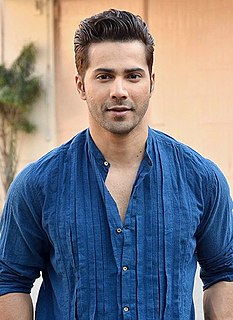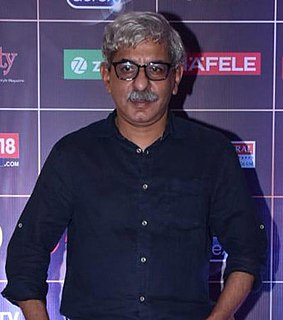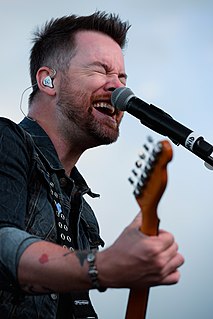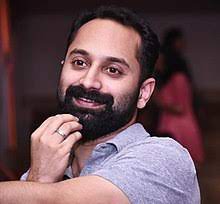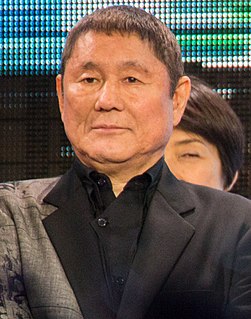A Quote by Varun Dhawan
I always put myself in the audience's seat, whether it is a film like 'Judwaa 2' or 'Badlapur.' There has to be a message; the core story needs to have a hook, which should be out of the ordinary.
Related Quotes
My initial thoughts about what a title can do was to set mood and the prime underlying core of the film's story, to express the story in some metaphorical way. I saw the title as a way of conditioning the audience, so that when the film actually began, viewers would already have an emotional resonance with it.
We see films all the time, whether they have access to all kinds of intellectual property or artifacts, and the one thing that they don't get is story. So I think whether you're talking about a biopic or an action film or a science-fiction film that has all the CGI in the world, if you're not trying to connect with an audience, it doesn't really matter.
So I should be aware of the dangers of self-consciousness, but at the same time, I’ll be plowing through the fog of all these echoes, plowing through mixed metaphors, noise, and will try to show the core, which is still there, as a core, and is valid, despite the fog. The core is the core is the core. There is always the core, that can’t be articulated. Only caricatured.
The story man must see clearly in his own mind how every piece of business will be put over. He should feel every expression, every reaction. He get far enough from his story to take a second look at it... to see whether there is any dead phase... to see whether the personalities are going to be interesting and appealing to the audience. He should also try to see that the things that his characters are doing are of an interesting nature.
I always believe that every song tells a story, so the last thing I want to do is edit out like the meat of the story. I would pick songs based off a), whether I felt like I could do anything with them, and b) whether I felt like I could keep the story intact. And then you sit in with one of the piano players and one of the vocal coaches and kind of work out your arrangements that way.
You have to do three things really well to make a successful film. You have to tell a compelling story that has a story that is unpredictable, that keeps people on the edge of their seat where they can't wait to see what happens next. You then populate that story with really memorable and appealing characters. And then, you put that story and those characters in a believable world, not realistic but believable for the story that you're telling.
Performance is really an important part of how I edit. I sometimes take something out because I realize I put in a joke just to be funny and the audience laughed, but I should be ashamed of myself. I sometimes take out sentences, which are perfectly fine on paper, just because they don't flow when I say them out loud. I always read my work out loud now.
You never know how a film will play, whether it will be successful or not, or whether it will touch the audience. I always said to myself that whatever happens, big audience or small, that I would not let the results have an impact on my way of working. But it would be a bit silly for me to change my methods when I have a big success. That means my methods work well.
I believe you shouldn't force the audience's interpretation of a character or a story. The more you explain things, the less intriguing and imaginable they are for viewers. . . . Film to me, in its essence, in its ultimate nature, is silent. Music and dialogue are there to fill what is lacking in the image. But you should be able to tell the story with moving pictures alone. For my next project, though, I'd like to make the kind of film where the characters blabber all the time.
As a filmmaker, I believe in trying to make movies that invite the audience to be part of the film; in other words, there are some films where I'm just a spectator and am simply observing from the front seat. What I try to do is draw the audience into the film and have them participate in what's happening onscreen.
Audiences - they like colour, you know. I can go out there wearing a red suit, man, and they'll say I'm out of sight ... I think they should be educated; you should always drop something on an audience ... When you get in front of an audience, you should try to give 'em something. After all, they're there looking at you like this. You can't go out and give 'em nothing.
